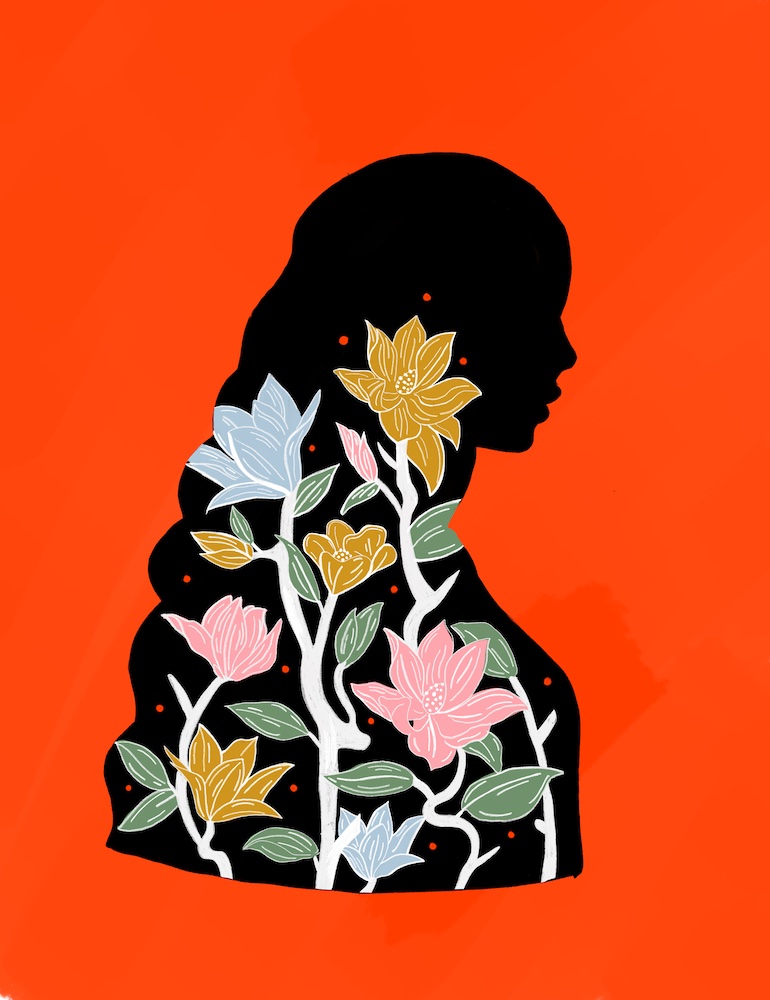Allies in the Protection and Safety of Women and Girls

The year was 2002. The country, Bolivia. A 15-year-old girl was repeatedly raped by her relative over the course of many months. Courageously, she took legal action against her rapist. But she, like countless other survivors who endure sexual assault, received no support from her community or from the legal justice system. Someone from her community set fire to her home. The message was clear: They wanted to intimidate and shame her. But she persevered. She took her case to court. Twice, the court dismissed her case. Even more devastatingly, she had trouble receiving proper medical care. Hospitals in Bolivia were woefully unequipped to provide treatment for sexual assault, and physicians were typically untrained to treat young survivors of rape. This young girl began moving through life filled with pain, reliving the horror and suffering from dangerously low self-esteem. Her attacker – her relative – went free.
Living through any type of sexual violence traumatizes a woman or girl. But to then face a cold and unsupportive community that misunderstands, ignores, judges, or withholds or fails to provide resources and social justice is retraumatizing to the survivor.
Sometimes such brutality or neglect is inflicted by corrupt governmental systems. Rather than protect and provide safety, governments can forsake and harm. The Iranian government has subjected millions of Iranian women to cruelties committed by their “morality police.” These violated women are forced to abandon their homes, country, and even families in search of safety – but only if they can manage the emotional, physical, financial, or social cost of fleeing a dangerous situation on their own.
Experiencing gender-based violence most often relies on one determinant: identifying as a woman. The epidemic of violence against women tears across national borders, racial categories, and socioeconomic hierarchies. It manifests in countless forms: rape, harassment, revenge porn, trafficking, and more. According to the Centers for Disease Control and Prevention, in the U.S., over half of women experience sexual violence involving physical contact during their lifetime. And one in four women will experience completed or attempted rape in their lifetime. The enormous breadth of this issue shocks and devastates.
Finally, communities across the world are beginning to recognize the broad need to address violence against women and girls. There is the dawning realization that both men and women must be allies and engaged in the movement to reduce violence against women and to create safety. As solidarity increases, violence decreases.
For the young woman in Bolivia, a third-party legal aid nonprofit stepped in with the support that her community failed to provide. Over 20 years after her assault, she won her case in the Inter-American Court of Human Rights. The court instructed Bolivia to criminalize incest and statutory rape, to establish procedures for tending to minor victims, and to provide youth with tools for identifying and reporting sex crimes. This young Bolivian woman obtained legal justice and sparked change. Over time, she also received crucial physical, emotional, and psychological care. With proper support, she flourished into a powerful community leader and advocate. She reclaimed her body, her mind, and her sense of safety.
While countless women today continue to endure varying degrees of violence, there exists a hope for progress, for change, for a world that’s safe and supportive for all women and girls. Through critical conversations, explicit displays of support, and an expansion of allyship, that world will rise.